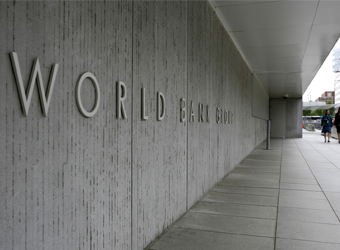In an official statement on Friday, the World Bank said the investment will support increasing access to quality kindergarten education, improving the quality of learning and adopting technology as a vehicle to achieve the reform objectives.
It added that the project will expand access to quality kindergarten for around 500,000 children, train 500,000 teachers and education officials, while providing 1.5 million students and teachers with digital learning resources.
The education reform programme is aligned with Egypt’s “2030 Vision” sustainable development strategy, which puts a strong emphasis on the critical role of education sector reform in the country’s social transformation.
“Investing in people is key to inclusive economic growth. We welcome the World Bank’s support for the implementation of our ambitious home-grown education sector reform programme,” said Sahar Nasr, Egypt’s minister of investment and international cooperation, who also represents the country on the World Bank’s Board of Governors.
“It is a strategic opportunity and the government is fully committed to developing the education system to build a productive generation that is well-equipped and ready for the competitive world.”
The project aims to achieve its goals by improving access to and the quality of early childhood education, developing a reliable student assessment and examination system, enhancing capacity of teachers, education leaders and supervisors, and using modern technology for teaching and learning, assessing students, and collecting data as well as expanding the use of digital learning resources.
Commenting on the investment, Egypt’s Education Minister Tarek Shawki said that “September 2018 marks the start of the journey to make our students ready for life, and we are pleased to have this partnership with the World Bank to accompany us on that journey.”
“Our goal is to provide our students with the competencies they need to create a society that learns, thinks and innovates,” he added.
World Bank Country Director for Egypt, Yemen, and Djibouti Asad Alam said that bolstering the education system is critical to improving productivity and promoting growth.
“By focusing on strengthening learning conditions, young Egyptians will be better prepared for higher paying and skilled jobs of the future,” Alam said.
The World Bank group finances programmes and projects to help Egypt reduce poverty and boost shared prosperity.
It currently has a portfolio of 16 projects in Egypt with a total commitment of $6.69 billion.
Source: Ahram Online


